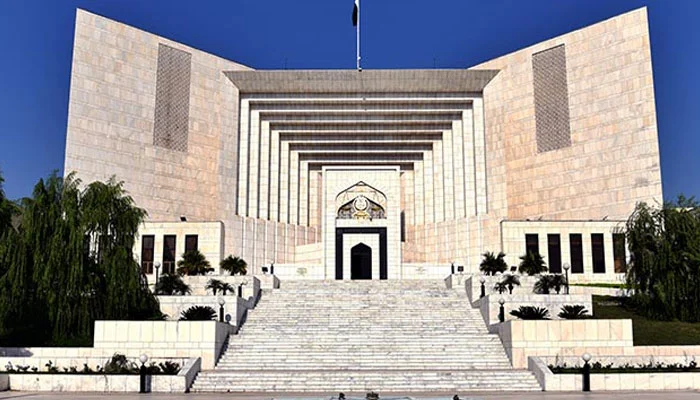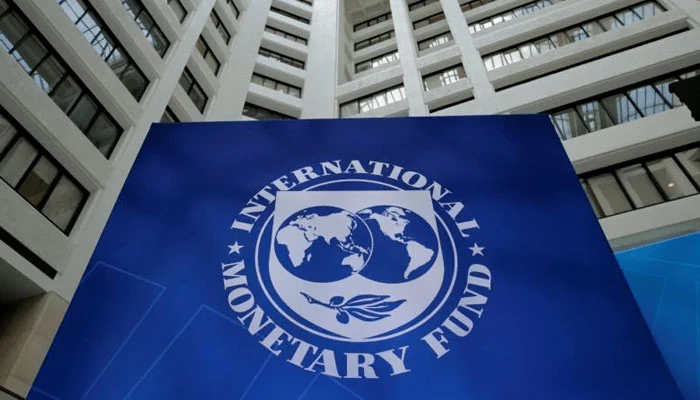The Supreme Court of Pakistan has issued an order directing that the names and designations of officers be mentioned on official documents and notifications. Chief Justice Faez Isa, while giving these remarks during the hearing of a case related to the recruitment of Assistant Conservators in the Supreme Court on Monday, emphasized the importance of clarity and transparency in official communications.
Chief Justice Isa underscored the need for clarity by stating that both the officer’s designation and name should be clearly stated on government papers and notifications. This directive aims to enhance transparency and accountability in government communications, ensuring that responsible officers are easily identifiable.
During the hearing, Chief Justice Isa also commented on the age limit set for the recruitment of Assistant Conservators. He highlighted that the specified age limit of 30 years for Assistant Conservators, with a relaxation of 15 years for candidates up to the age of 45, may be subject to certain conditions. He suggested that age relaxation could be considered in specific circumstances and noted that if jobs are being offered based on relationships, nepotism should be avoided, and the hiring process should be fair and merit-based.
The issue was related to the recruitment of Assistant Conservators in the Supreme Court, and Chief Justice Isa expressed concern over the procedures followed in the hiring process. The court’s emphasis on including officers’ names in official documents aligns with the broader principles of transparency and accountability in governance.
The order to specify officers’ names on documents is likely to streamline bureaucratic processes and enhance the public’s ability to identify responsible officials. This move aligns with global practices where official documents and notifications prominently feature the names and designations of relevant officers.
The Supreme Court’s directive to include officers’ names in official communications reflects a commitment to transparency and accountability in government affairs. The order not only ensures clear identification of responsible officers but also promotes a culture of openness and fairness in official dealings.



